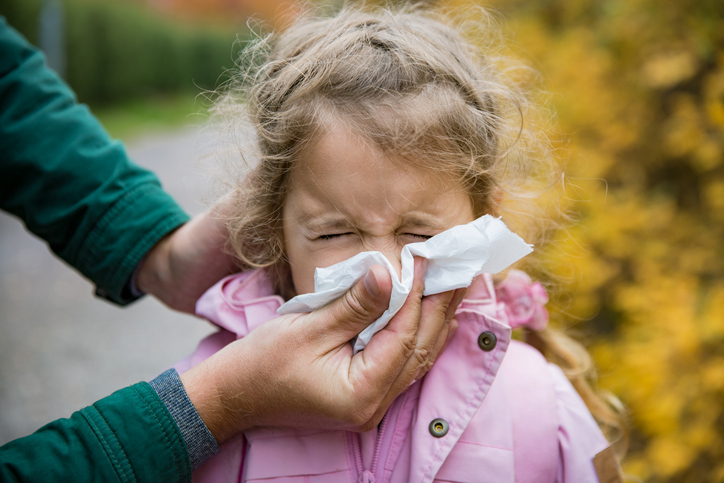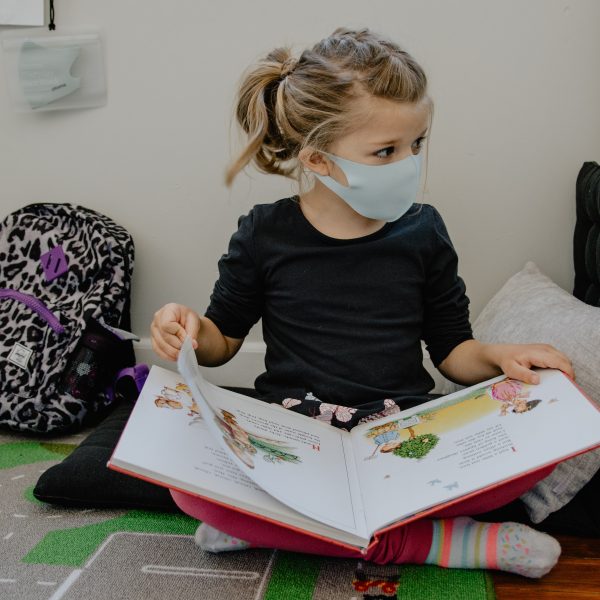Children’s noses are better equipped to block out COVID UQ, researchers find

The lining of children’s noses are better at inhibiting SARS-CoV-2 infections than adult noses, new research led by the University of Queensland (UQ) has found.
“Children have a lower COVID-19 infection rate and milder symptoms than adults, but the reasons for this have been unknown,” Dr Kirsty Short said.
“We’ve shown the lining of children’s noses has a more pro-inflammatory response to the ancestral SARS-CoV-2 than adult noses,” she continued.
“But we found it’s a different ball game when it comes to the Omicron variant.”
The research team exposed the samples of nasal lining cells from 23 healthy children and 15 healthy adults to SARS-CoV-2.The results showed the virus replicated less efficiently in the children’s nasal cells, as well as a heightened antiviral response.
Dr Short said there were a number of theories as to why, including the idea that children are more predisposed to fighting off germs during childhood, given their close proximity to one another, and their emerging understanding of hygiene practices.
“It’s also possible that increased exposure to these threats in childhood ‘trains’ the nasal lining in children to mount a stronger pro-inflammatory response,” she added.
“Or alternatively, metabolic differences between children and adults could alter how virus-fighting genes express themselves.”
The Delta variant of COVID-19, she continued, was “significantly less likely” to replicate in the nasal cells of children compared to adults, but the trend was markedly less pronounced in the case of Omicron.
“Taken together, it shows children’s nasal lining supports lower infection and replication of ancestral SARS-CoV-2, but this may be changing as the virus evolves,” Dr Short said.
“Future clinical studies will be needed to validate these preliminary findings in a larger population and to determine the role of other factors, such as antibodies in protecting children from SARS-CoV-2 infection.”
The research has been published in PLOS Biology.
Popular

Quality
Practice
Provider
Research
Workforce
Honouring the quiet magic of early childhood
2025-07-11 09:15:00
by Fiona Alston

Quality
Practice
Provider
Workforce
Reclaiming Joy: Why connection, curiosity and care still matter in early childhood education
2025-07-09 10:00:07
by Fiona Alston

Workforce
Policy
Quality
Practice
Provider
Research
ECEC must change now, our children can’t wait for another inquiry
2025-07-02 07:47:14
by Fiona Alston













